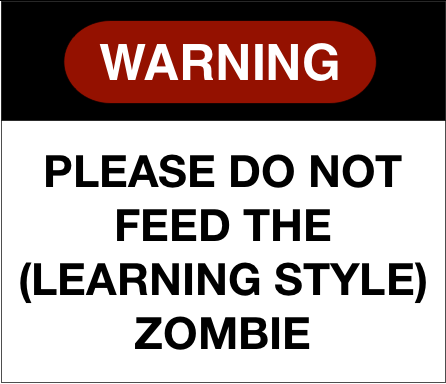Learning is the new business imperative. It is now an indisputable business reality: companies must become more nimble and agile. As things move faster, new processes arise, and the time to copy a new business approach drops, it becomes clear that continual innovation is the only way to not just survive, but thrive. And this doesn’t, can’t, come from the status quo.
And if the answer isn’t known, as is inherent in situations like problem-solving, trouble-shooting, new product/service creation, and more, then this, too, is a form of learning. But not the type addressed by training rooms or eLearning courses. They serve a role, but not this new one, this needed approach, We need something new.
What we need are two things: effective collaboration and meta-learning. Innovation comes, we know, from collaboration. Collaboration is the new learning, where we bring complementary strengths to bear on a problem in a process structured to be optimally aligned with how our brains work. And we need to create a culture and set of skills around continually learning, which means understanding learning to learn, aka meta-learning.
Accelerating the development of these capabilities means doing things different and new. It means sowing the seeds by instigating a learning process that develops not only some specific needed capabilities, but also the meta-learning and collaboration skills. It means understanding, valuing, and explicitly developing the ability of people to learn alone and together. It means making it safe to share, to ‘work out loud’. And finally it means scaling up from small success to organizational transformation.
This is a doable, albeit challenging move, but it is critical to organizations that will excel. Learning is no longer a ‘nice to have’, or even an imperative, it is the only sustainable differentiator. The question is: are you ready? Are you making the new learning a strategic priority?

